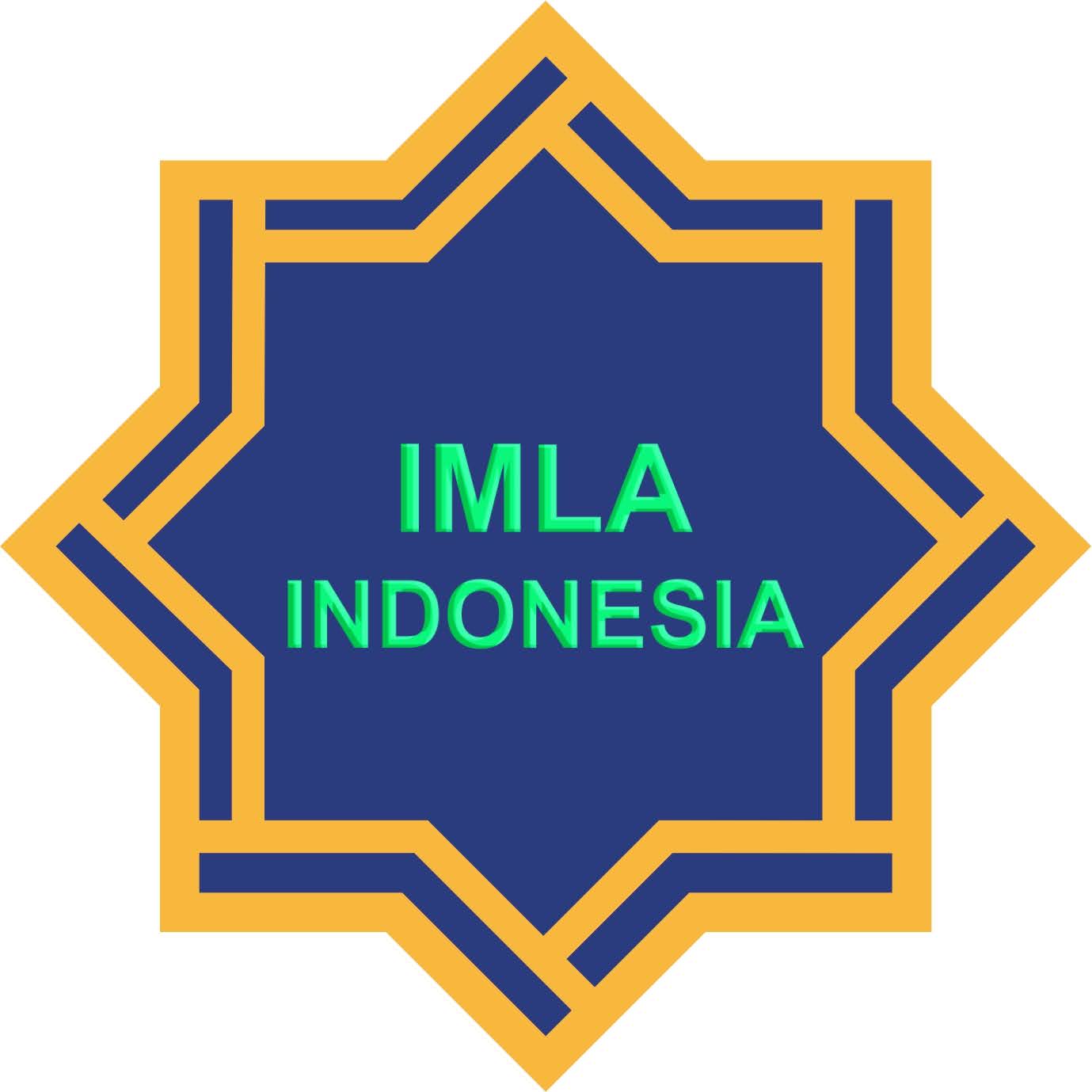Nasionalisme Dalam Puisi “Hanȋn” Karya Ahmad Rami dan Faruq Juwaidah (Sebuah Tinjauan Intertekstualitas)
DOI:
https://doi.org/10.21154/tsaqofiya.v4i2.99Keywords:
Love of the Motherland; Hann; intertextuality; Ahmad Romi; Faruq Juwaidah;Abstract
Ahmad Rȃmi and Faruq Juwaidah are Arab writers of Egyptian nationality. Each of them made a work with the same title, namely the Hanȋn. The meaning that can be understood from the two poems is love for the homeland. So, this study will reveal the relationship between the two works of poetry, both in terms of similarities and differences. In this study, the author uses a descriptive-qualitative method, while the approach used is the intertextuality approach of Michael Riffaterre's model because the author also wants to find out which poems are hypograms and which are transformational works. Then, the results of data analysis are presented descriptively. The results showed that Rȃmi's Hanȋn poem is a hypogram of Faruq Juwaidah's Hanȋn poem. Both have similarities in terms of content or meaning, namely talking about love for the homeland. As for the difference, it can be seen from the choice of diction. To refer to Egypt as his homeland, Rȃmi used the term Ka'batu Amȃli, while Faruq chose the word qiblat al-'Usysyȃq. Later, Rȃmi's poems are very detailed and coherent, while Faruq's poetry is moredense and straight forward.
Asbtrak
Ahmad Rȃmi dan Faruq Juwaidah merupakan sastrawan Arab berkebangsaan Mesir. Masing-masing mereka membuat sebuah karya dengan judul yang sama, yaitu puisi Hanȋn. Makna yang dapat dipahami dari keduanya adalah cinta tanah air. Maka penelitian ini akan mengungkap hubungan kedua karya puisi tersebut, baik dari unsur persamaannya maupun perbedaannya. Dalam penelitian ini, penulis menggunakan metode deskriptif-kualitatif, sedangkan pendekatan yang dipakai adalah pendekatan intertekstualitas model Michael Riffaterre, sebab penulis juga ingin mencari puisi mana yang menjadi hipogram dan mana yang menjadi karya transformasi. Selanjutnya, hasil analisis data disajikan secara deskriptif. Hasil penelitian menunjukkan bahwa puisi Hanȋn karya Rȃmi merupakan hipogram dari puisi Hanȋn karya Faruq Juwaidah. Keduanya memiliki persamaan dalam hal isi atau kandungan makna, yaitu membicarakan cinta tanah Air. Adapun perbedaannya, terlihat dari pemilihan diksi. Untuk menyebut Mesir sebagai tanah air, Rȃmi menggunakan istilah Ka’batu Amȃli, sedangkan Faruq memilih kata qiblat al-‘Usysyȃq. Kemudian, puisi Rȃmi sangat rinci dan runut, sedangkan puisi Faruq lebih padat dan lugas.















.png)


